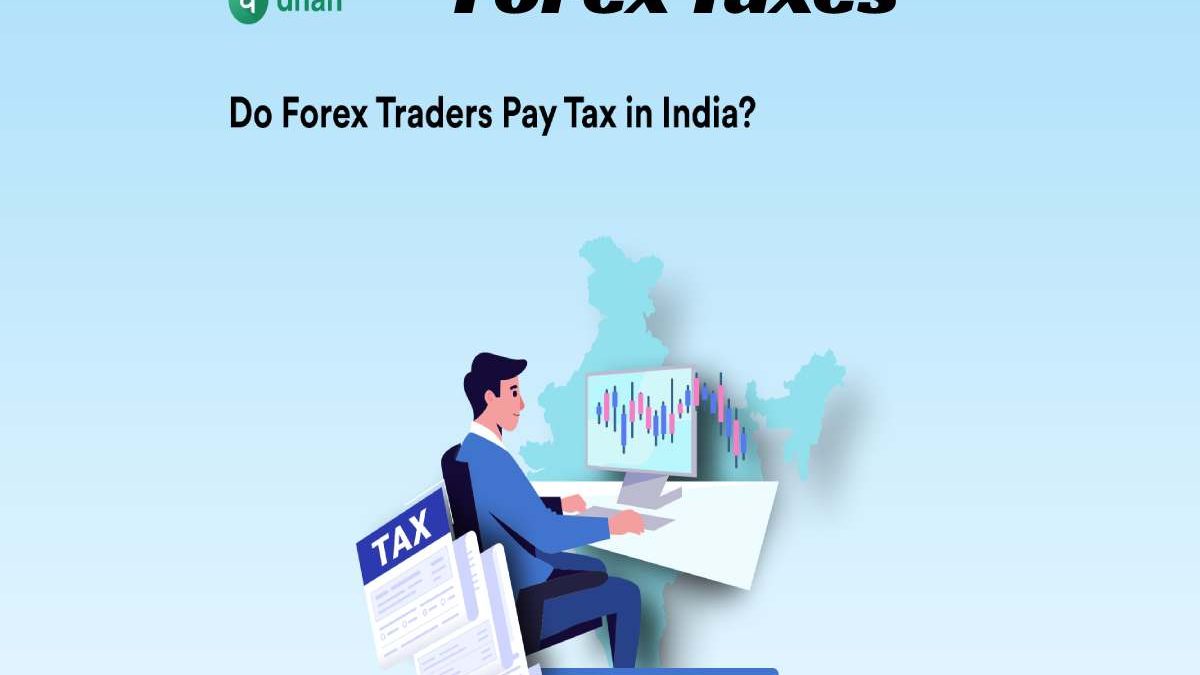Table of Contents
Introduction
Forex Taxes
A maximum of Rs 180 can remain charged as GST for forex dealings of up to Rs 1 Lakh. 2. Between Rs 1 Lakh and Rs 10 Lakh The taxable value of transactions falling within this support is Rs 1,000 + 0.5% of the quantity more than Rs 1 Lakh. The tax amount, however, remains at 18% of the taxable value.
Also read: Alchemist Trading Co, Trading Mechanism etc
How to Remain Incomes on Forex Trading Taxed
When you invest your prosperity in any instruments, if your possessions yield a profit, those remain taxed under the law in India. Hence, tax implications play a primary role when you earn profits from any investments. As an investor, you should understand what incurs tax, what does not incur surcharge, and how much tax remains charged to you, either as a tax slab or as percentage of your profits. Moreover, in the current age, forex trading remains to gain steam as we speak, with more and more investors dealing in such trades to make substantial profits. Therefore, what remains taxable on your trading profit becomes relevant to your financial picture.
Forex Trading Profits and Assessment
Investors often remain confused about how they will be taxed if they earn profits through currency trading. This remains because the tax structure levied on such gains is not fixed. However, certain tax norms come into play when you trade in currencies and should be known to all forex traders who earn profits. Essentially, two kinds of taxes remain levied on gains arising from forex trading. These remain direct and indirect taxes. An unintended tax takes the form of GST Properties and Services Tax or Stamp Duty. Or the Safeties Deal Tax. In addition, surcharges may remain levied under
Assessment of Incomes from Forex Trading
Some savers who trade in forex make it their commercial and livelihood. Hence, if you spoil in forex trading as a business, you will remain taxed as a business person, and the income or gains earned will fall into particular tax slabs. Typically, taxation on forex trading remains undertaken in India, with the income from profits representing a business income. Forex trading can remain online, but you don’t have to open a Demat account online to trade in currencies, as these profits would go directly to your bank account as they remain bought/sold. Most currency trades get settled in cash, so no actual delivery of currencies is undertaken.
GST and Forex Trading
The GST remains levied as a tax for separate income slabs for all the forex transactions you make, considering your income earned as profits from forex trading. The GST amount is typically 5% to 18% of your earnings, and the tax levied for all income earned from business transactions. So whether your income falls under a particular amount, you will remain charged the appropriate percentage on the profits.
Earn Through Currency Pairs
If done with care, currency trading can provide quite an earner for many investors. However, you have to pay your tax due to the government on any profits from such incomes, just like you must pay the tax levied on income from selling other securities like stocks. You can travel to Motilal Oswald for currency trading or trading in different securities and learn as you earn. To trade in stocks. You need to open a Demat account. And Motilal Oswald has you enclosed for all your investment needs.
How to Pay Taxes as a Forex Dealer
Tax insinuations are essential in all investment decisions, such as stocks, bonds, and insurance. A nuanced understanding of what is taxable and what percentage remains taxed on what amount of earnings is highly pertinent to the reasonable investor. As forex trading gains more and more crushed, many benefits remain to forex trading. Therefore, a 360-degree view of the forex trading tax has become essential to investors.
When it comes to taxes on forex trading, investors are often confused about which category their profits will be taxed. This is because there is no single way that forex traders are taxed. Therefore, a proper understanding of forex trading taxes is essential for the trader who participates in a non-centralized market and trades in futures and options.
How Forex Traders Are Taxed
Two types of taxes apply to forex traders: direct and indirect. Direct tax is the income tax imposed on profits made from foreign exchange transactions. Indirect taxes, on the other hand, could be the tax on goods and services (GST), the tax on securities transactions (STT), or the stamp duty. It is essential to find out under which categories you will pay taxes. If foreign exchange trading is a business for the trader, its income will remain taxed as business income. Otherwise, you must pay taxes under the heading of ‘income from other sources at the rate applicable to natural persons. GST remains charged in three blocks on foreign exchange transactions.
Also read: Coinbase Pro Trading is Disabled

